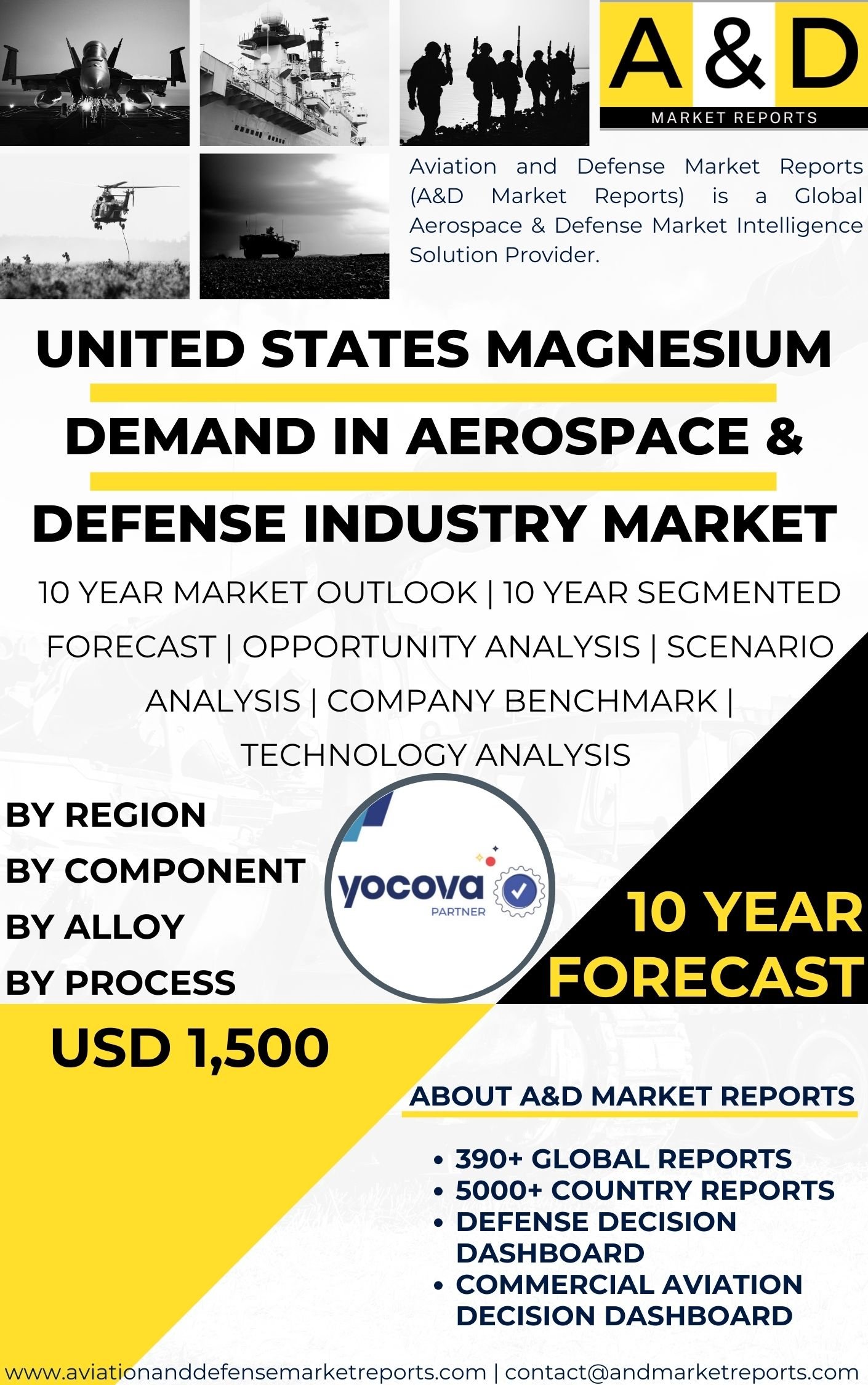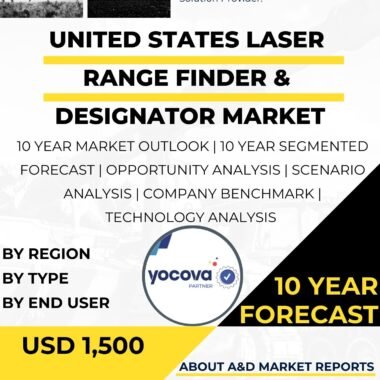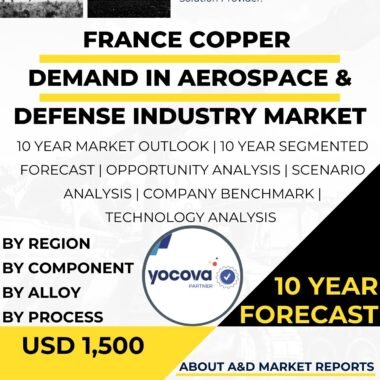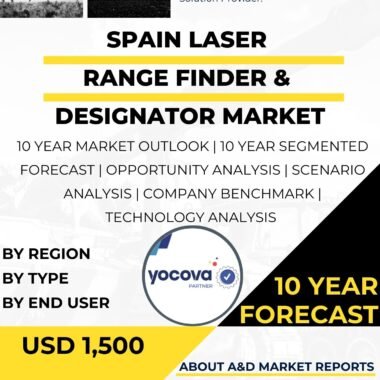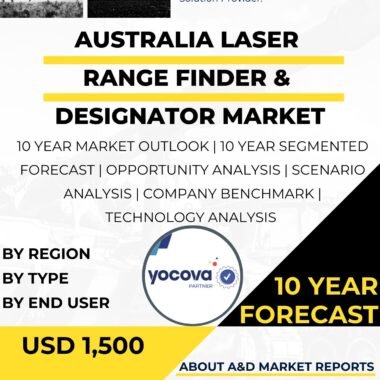Description
The Magnesium Demand in Aerospace & Defense Industry market in the United States is driven by the metal?s advantageous characteristics including lightweight, high strength, corrosion resistance, and excellent machinability making it a preferred material for a range of aerospace and defense applications. This market includes the supply, processing, and incorporation of magnesium and magnesium alloys in structural components, castings, and assemblies used in aircraft, missile systems, ground vehicles, and naval vessels. Key market participants span raw material suppliers, metal processors, component manufacturers, and aerospace and defense prime contractors integrating magnesium materials into broader manufacturing workflows. The sector?s general structure reflects coordination among supply chain actors focused on quality control, consistency in material properties, and compliance with military material standards. Market drivers include the ongoing pursuit of weight reduction to improve fuel efficiency, enhance payload capacity, and meet evolving environmental regulations impacting aerospace and defense platforms. Challenges comprise material flammability concerns, cost fluctuations, recycling complexity, and the development of corrosion-resistant coatings and treatments to extend service life. Customers typically include aircraft manufacturers, military integrators, and system assemblers prioritizing performance, durability, and manufacturability in lightweight components. Applications range from engine and airframe parts to housings for electronic systems and missile components where weight savings contribute directly to operational capability. Regulatory oversight covers material certification, handling safety, and environmental considerations with strict guidelines for aerospace and defense quality assurance. Supply chain considerations focus on securing reliable sources of high-purity magnesium, process standardization, and integration of supply with advanced manufacturing technologies such as casting and extrusion. Ongoing technological advances address fire retardant treatments, alloy development for enhanced mechanical properties, and innovative manufacturing processes to maximize magnesium?s benefits in demanding aerospace and defense environments. The magnesium demand market in US aerospace and defense is poised to expand as lightweight material strategies continue to gain traction, underpinning performance improvements and sustainability goals.
